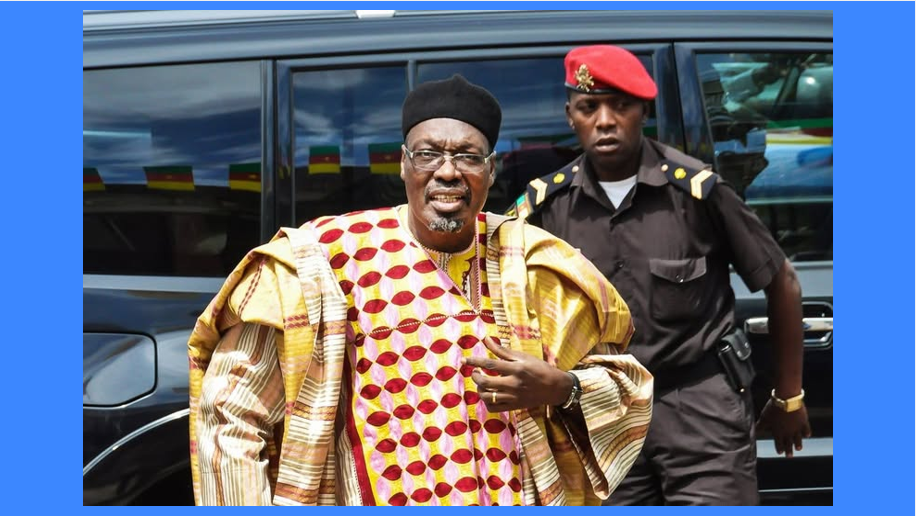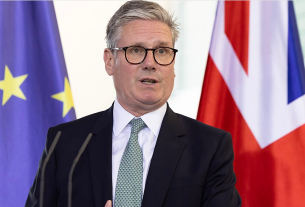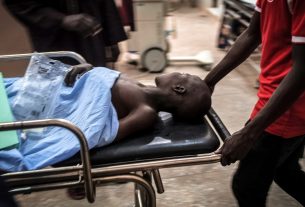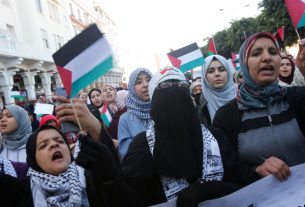Cameroon’s opposition leaders have formally rejected the results of the October 12 presidential election, which declared President Paul Biya, aged 92, the winner of an eighth term in office. The Constitutional Council announced Biya’s victory with 53.7% of the vote, while his main challenger, Issa Tchiroma Bakary, received 35.2%.
Tchiroma and other opposition figures have denounced the results as fraudulent, citing real-time evidence from polling centers and alleging widespread irregularities. Tchiroma described the election as “a masquerade,” asserting that his campaign had won “unequivocally.”
The announcement has triggered violent protests in major cities including Douala and Garoua, with at least six people killed in clashes between demonstrators and security forces. Eyewitnesses report the use of tear gas and live ammunition by police to disperse crowds, raising concerns over excessive force and escalating unrest.
Cameroonians have taken to social media to express outrage, calling the outcome a “blatant robbery” of the people’s mandate. The country, already grappling with a separatist conflict and economic challenges, now faces a deepening political crisis.
Despite the gravity of the situation, the African Union (AU) and broader international community have yet to issue formal statements. Civil society groups and regional analysts are urging these institutions to intervene and support transparent mechanisms for reviewing the election process.
Observers warn that without credible mediation or independent oversight, the post-election standoff could further destabilize Cameroon. Calls are growing for the deployment of a neutral peacekeeping or monitoring mission to help preserve order and facilitate dialogue between stakeholders.
Biya, who has ruled Cameroon since 1982, remains one of the world’s longest-serving leaders. His continued hold on power has drawn criticism for suppressing dissent and maintaining control through constitutional amendments and centralized authority.
As tensions mount, the path forward will depend on whether domestic and international actors can foster a peaceful resolution that reflects the will of the Cameroonian people and prevents further loss of life.
Sources: Reuters The Star, DW DW, RFI Radio France Internationale, Yahoo News Yahoo News UK, The Independent The Independent.



